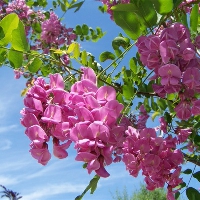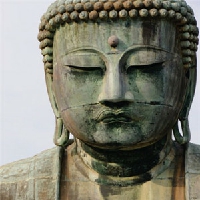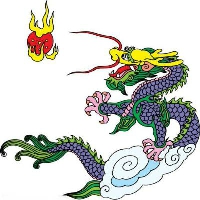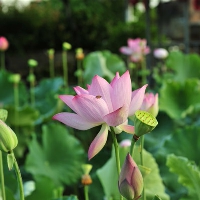The Song Dynasty was the peak period for the development of literary works, and many scholars left many classic works. For example, Su Shi, Li Qingzhao, Xin Qiji, Qin Guan and a large number of other outstanding poetry writers have well-known works. Visiting Jianhu [Song Dynasty] Qin Guan's painting boat, the pearl curtain rises out of the wall, and the sky wind blows to Kehe Township. Water shines into
Expand Details









